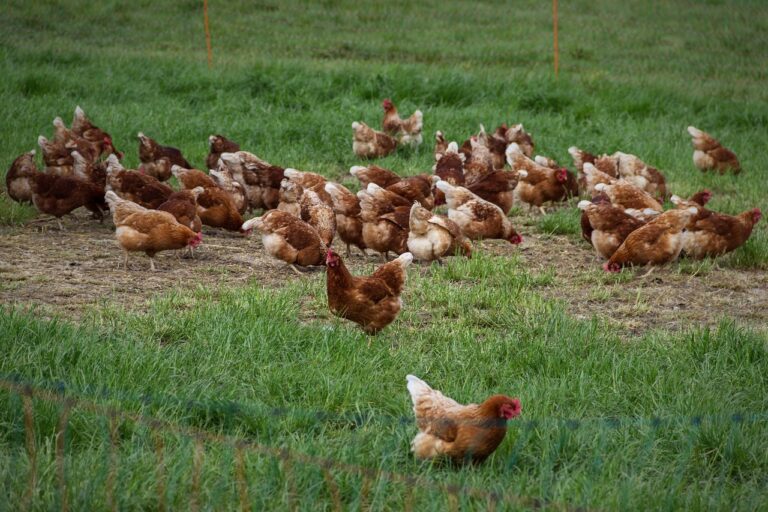The Impact of Genetically Modified Organisms (GMOs) on Food Production
Genetically modified organisms (GMOs) have revolutionized food production by allowing crops to be more resistant to pests and diseases. This increased resistance means that farmers can achieve higher yields and ensure a more stable food supply for a growing global population. Moreover, GMOs can also be engineered to have a longer shelf life, reducing food waste and increasing overall food security.
In addition to their pest and disease resistance, GMOs can be tailored to have enhanced nutritional value, providing consumers with access to food products that are more nutrient-dense. For instance, biofortified crops can be engineered to contain higher levels of essential vitamins and minerals, addressing micronutrient deficiencies in populations that rely heavily on staple crops. This potential to improve the nutritional content of foods through genetic modification has the potential to combat malnutrition on a larger scale.
Concerns Surrounding GMOs in Agriculture
Genetically modified organisms (GMOs) in agriculture have sparked various concerns among consumers, environmentalists, and health professionals. One primary worry is the potential impact of GMOs on human health. Critics argue that consuming genetically modified foods may lead to unknown health risks such as allergic reactions or long-term health effects. This uncertainty surrounding the safety of GMOs in our food supply has led to calls for more rigorous testing and labeling regulations to ensure transparency for consumers.
Another significant concern regarding GMOs in agriculture is the impact on biodiversity and the environment. Critics raise alarms about the potential harm genetically modified crops could pose to non-target species, soil health, and water quality. There are worries that the widespread use of GMOs could lead to the development of pesticide-resistant superweeds and insects, which could further disrupt ecosystems and diminish natural resources essential for sustainable agriculture. This concern highlights the importance of carefully assessing the long-term ecological consequences of genetically modified crops on our planet.
• GMOs in agriculture have sparked concerns about potential impacts on human health
• Critics worry about unknown health risks such as allergic reactions or long-term effects
• Calls for more rigorous testing and labeling regulations to ensure transparency for consumers
• Concerns also surround the impact of GMOs on biodiversity and the environment
• Critics raise alarms about harm to non-target species, soil health, and water quality
• Worries include development of pesticide-resistant superweeds and insects disrupting ecosystems
Economic Impact of GMOs in the Food Industry
Genetically modified organisms (GMOs) have significantly impacted the food industry economically. One of the major benefits of GMOs is their ability to increase crop yields, leading to higher production levels. This increased productivity has helped to stabilize food prices and ensure a more reliable food supply for consumers.
Additionally, the use of GMOs has helped to reduce production costs for farmers. By engineering crops to be more resistant to pests and diseases, farmers are able to spend less on pesticides and other inputs, leading to higher profitability. This cost efficiency has allowed farmers to remain competitive in the global market and has contributed to the overall economic growth of the food industry.
What are some of the benefits of using GMOs in food production?
GMOs have been genetically modified to be pest-resistant, drought-tolerant, and have improved nutritional content. This can lead to increased crop yields, reduced use of pesticides, and improved food security.
What are some of the concerns surrounding GMOs in agriculture?
Some concerns include potential health risks, environmental impacts, and the potential for genetic contamination of non-GMO crops. There are also ethical concerns surrounding the ownership and control of GMO seeds by large corporations.
How do GMOs impact the economy of the food industry?
The use of GMOs can lead to increased efficiency in food production, lower production costs, and higher crop yields. This can ultimately lead to lower food prices for consumers and increased profits for farmers. However, there may also be costs associated with regulatory compliance and potential market rejection of GMO products.







